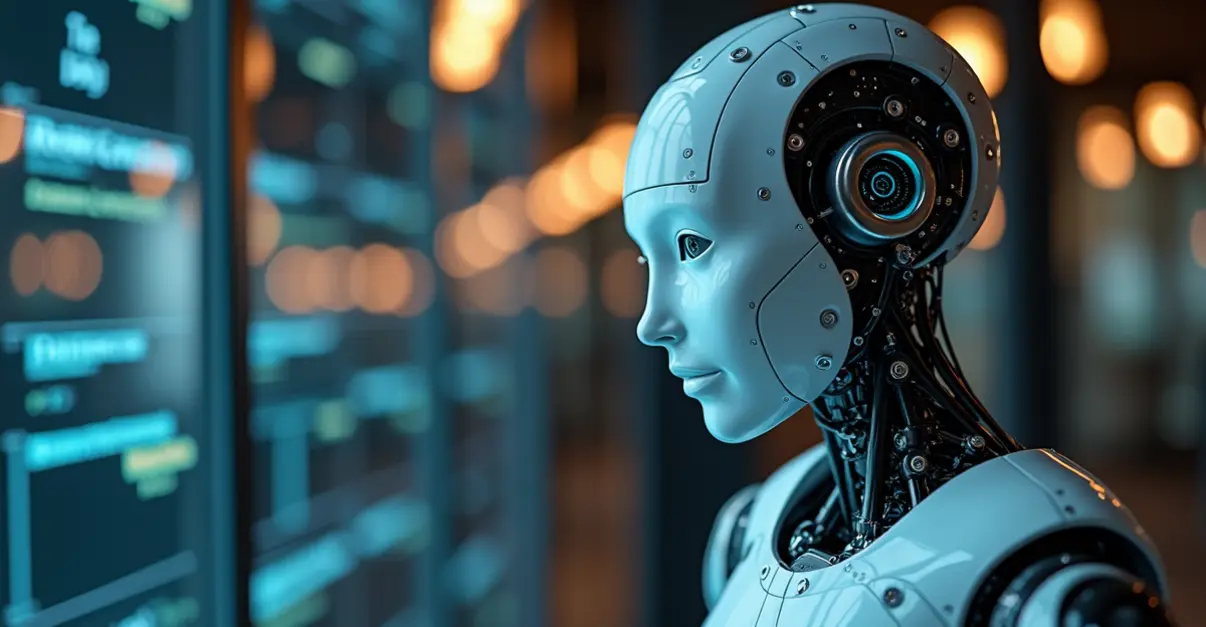Wikipedia's human-curated knowledge has become essential for AI systems to avoid model collapse. The platform's volunteer editors provide transparent, verifiable content across 300+ languages that AI depends on for training. Wikimedia calls for proper attribution and financial support from AI developers.

Human-Curated Knowledge Becomes AI's Critical Foundation
As generative artificial intelligence reshapes the digital landscape, Wikipedia's role as the internet's knowledge backbone has never been more essential. While AI systems can create content at unprecedented scale, they fundamentally depend on human-curated knowledge resources like Wikipedia to avoid model collapse - a phenomenon where AI systems degrade when trained on their own outputs.
'Generative AI cannot exist without continually updated human-created knowledge,' explains the Wikimedia Foundation in their recent analysis. 'Without it, AI systems will fall into model collapse.'
The Human Element AI Cannot Replace
Wikipedia's strength lies in its global community of volunteer editors who engage in the complex processes of discussion, debate, and consensus-building that AI cannot replicate. These human contributors bring unique elements to knowledge creation that current AI systems lack - from discovering archival materials to photographing underdocumented places and events.
Science communicator Hank Green recently questioned whether AI would end up eating itself, highlighting the fundamental dependency of AI on human knowledge sources. Wikipedia's volunteer editor communities, hundreds of thousands strong, constantly improve the platform's information across more than 300 languages, providing a multilingual corpus that supports the development of inclusive, culturally aware AI models.
Transparency and Trust in an AI-Driven World
Wikipedia excels where many AI systems struggle: transparency and verifiability. Unlike AI systems that can hallucinate plausible-sounding false information, Wikipedia's processes are publicly logged and its citations point to reliable sources. 'Everyone sees the exact same information on Wikipedia; there are no algorithms tracking your behavior or serving you content to deliver profits,' notes the Foundation.
This human-centered approach to knowledge creation provides high-quality, reliable information that, through regular editorial collaboration and disagreements, leads to more neutral and comprehensive articles. The platform's commitment to openness has made it one of the world's most trusted information sources.
Wikipedia's Cautious AI Integration Strategy
The Wikimedia Foundation has developed a three-year AI strategy that emphasizes supporting human contributors rather than replacing them. 'We recognize AI's potential to help us achieve our mission to make reliable information more accessible to more people,' the organization states. 'However, this needs to be done the Wikipedia way - meaning supporting humans in creating and sharing knowledge, and not replacing them.'
Much of the strategy focuses on using AI to automate mundane tasks like flagging vandalism, freeing up volunteer time for more intricate content creation and review work. Volunteers create and enforce guidelines for responsible AI tool usage across Wikipedia, ensuring these technologies support rather than supplant human contributors.
The Critical Call to AI Developers
As Wikipedia approaches its 25th anniversary in January 2026, the Foundation is calling on AI developers to use Wikipedia content responsibly through two key actions: attribution and financial support.
Proper attribution means generative AI systems should credit the human contributions they use to create outputs. This maintains what the Foundation calls a 'virtuous cycle' that continues the human contributions creating the training data these technologies rely on.
Financial support involves AI developers properly accessing Wikipedia's content through the Wikimedia Enterprise platform. This paid opt-in product allows companies to use Wikipedia content at scale without severely taxing Wikipedia's servers while supporting the nonprofit's mission.
'Through proper attribution of information sources and better financial support for AI's technological impacts on Wikipedia, AI developers can secure both their own long-term futures and Wikipedia's,' the Foundation emphasizes.
The Future of Human Knowledge in an AI World
Studies show that when AI developers exclude Wikipedia from training data, their models produce significantly less accurate, less diverse, and less verifiable outputs. Wikipedia remains 'the last best place on the internet' - the only site of its scale with standards of verifiability, neutrality, and transparency powering information across the web.
As the digital world becomes increasingly saturated with AI-generated content, Wikipedia's human-curated knowledge becomes more valuable than ever. The platform's 25-year legacy demonstrates that while technology evolves, the fundamental need for reliable, human-verified information remains constant.
'In a world increasingly awash with AI, Wikipedia's human knowledge is more valuable to the world than ever before,' concludes the Foundation. 'As we reflect on this milestone, we are optimistic that Wikipedia will still be here for another 25 years, ensuring the internet provides free, accurate, human knowledge, for generations to come.'

 Nederlands
Nederlands
 English
English
 Deutsch
Deutsch
 Français
Français
 Español
Español
 Português
Português









